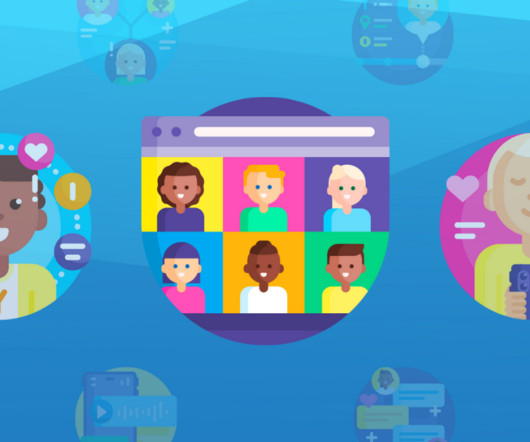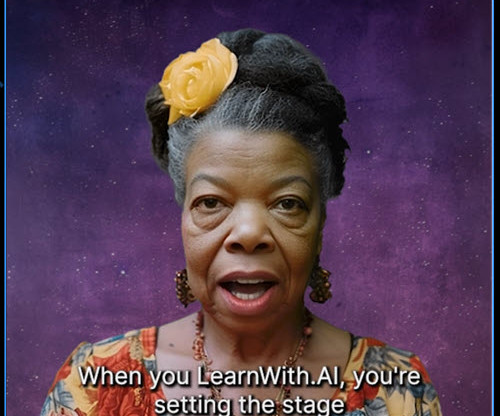Understanding concepts: What is digital citizenship?
Hapara
DECEMBER 4, 2023
The three core principles of digital citizenship and examples Digital citizenship expert and author Mike Ribble wrote about the three principles of digital citizenship. Digital access Digital etiquette Digital law Examples: Even if your school provides 1:1 devices, learners may not be able to work online if they’re at home.


















Let's personalize your content